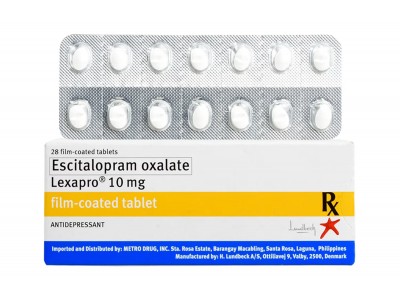Lexapro, a brand name for escitalopram, is a medication primarily used to treat depression and anxiety disorders. One common side effect reported by some individuals is drowsiness or fatigue. There are several reasons why Lexapro can have this effect. First, as a selective serotonin reuptake inhibitor (SSRI), Lexapro works by increasing serotonin levels in the brain. Serotonin plays a key role in regulating mood and sleep-wake cycles. When serotonin levels rise due to the medication, it can sometimes lead to increased drowsiness or fatigue as the body adjusts to these changes.
Additionally, SSRIs like Lexapro can affect other neurotransmitters and receptors in the brain, which may contribute to feelings of tiredness or lethargy. Each person's response to medications can vary based on individual biology, metabolism, and other factors. Some individuals may experience these side effects more prominently at the beginning of treatment or when the dosage is increased.
Moreover, the sedating effects of Lexapro can sometimes be beneficial for individuals who experience insomnia or agitation as part of their depression or anxiety symptoms. However, for others, this side effect may be unwanted, especially if it interferes with daily activities or work.
It's essential to communicate any side effects you experience with your healthcare provider. They can help determine if the fatigue is related to Lexapro or if there might be other factors contributing to your symptoms. Sometimes adjusting the dosage, switching medications, or implementing lifestyle changes can help manage these side effects effectively while still benefiting from the antidepressant effects of Lexapro.

